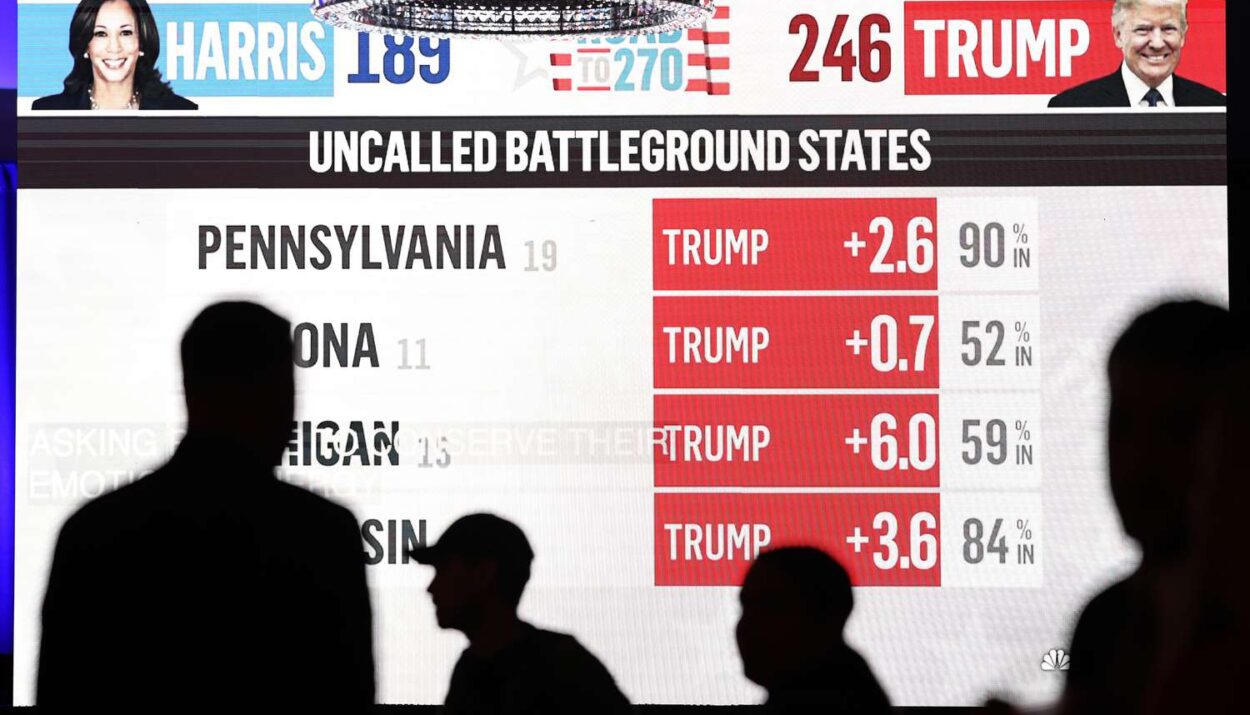Regarding CNN, Prediction markets like Polymarket, Kalshi, and PredictIt have been demonstrating a significant capacity for accurately forecasting events, including election outcomes, by harnessing collective wisdom through financial stakes. These platforms allow participants to buy shares based on potential outcomes, with the shares trading between $0 and $1, paying out a full dollar if the prediction is correct.
- Market Efficiency: According to Eric Zitzewitz, an economics professor at Dartmouth, prediction markets tend to be efficient because they draw on the collective predictions of participants who are financially incentivized to guess correctly, minimizing biases like virtue-signalling.
- Range of Predictions: Users can place bets on a variety of outcomes, from political events to celebrity relationships, reflecting both popular and niche interests.
- Impact of Significant Bets: The influence of major bets, such as a single investor placing millions on a particular outcome, raises concerns about potential market manipulation. However, Polymarket’s CEO, Shayne Coplan, argues that such actions are balanced by the market’s overall dynamics, where there are always counterparties with opposing bets.
- Accuracy and Limitations: Historical data suggest that prediction markets have been quite successful in forecasting U.S. election results. For example, between 1884 and 1940, the favoured candidate in these markets won 11 out of 15 times. Yet, like all predictive tools, these markets have their limitations, as seen with incorrect predictions regarding Brexit and the 2016 U.S. Presidential Election.
- Comparative Reliability: While prediction markets offer a real-time amalgamation of all bettors’ views, they differ from traditional polling methods, which might represent the methodology of a single entity or analyst. As Zitzewitz notes, the markets integrate numerous individual perspectives, each weighted by the confidence (and financial backing) of the bettors involved.
Prediction markets provide a unique and often effective mechanism for forecasting outcomes by leveraging financial incentives and collective intelligence. Despite occasional inaccuracies, these markets offer a dynamic and direct reflection of how participants view the likelihood of various future events, standing as a robust alternative to traditional polling and expert analysis.










